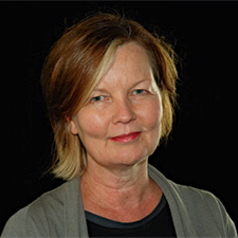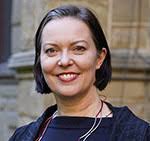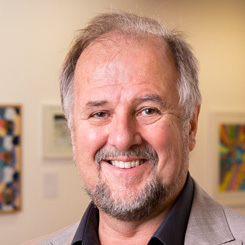A research and consultancy program led by LEaRN at the University of Melbourne. Further research and consultancy projects will follow this initial 2019 to 2020 pilot project.
About
Achieving inclusivity in education requires a collaborative effort from a range of disciplines and stakeholders. An emphasis on ‘inclusion’ in Australian schools, and globally, asks significant questions about how best to accommodate student cohorts presenting with a spectrum of special educational needs (SEN). Presently, there is a lack of evidence informing not only the architectural design of learning spaces for students requiring a range of support, but limited knowledge about the protocols required to make such spaces ‘work’.
An initial pilot project will produce tools for the evaluation of educational facilities for SEN students – beginning with a focus on students with autism. The interdisciplinary research team will consist of education and design experts, along with leaders in disability policy and service delivery.
The LS & SEN pilot project is supported by a LEaRN Seed Grant and a Research Development Grant funded by the Faculty of Architecture, Planning and Building at the University of Melbourne.
LEaRN is collaborating on the project with industry-based research partners, Hayball and K20 Architecture.
Detailed project outline
-
Objectives
- Lead evidence-based knowledge generation about the design and use of SEN learning spaces;
- Create a range of agile evaluation tools for SEN learning spaces, that can produce deep insights into the lived experiences of inhabitants to reveal ‘what works and what doesn’t’;
- Improve the design of learning spaces for students with special educational needs;
- Improve the educational experiences of students with special educational needs, their educators, families and auxiliary staff.
-
Outcomes
- Literature Review covering the relationships between the spatial needs of SEN students and the design of built environments.
- Case Studies capturing empirical data about the lived experiences of SEN students, educators, families, and carers. These will offer researchers first-hand experience of the nature and function of sampled SEN learning environments (i.e. social and physical settings).
- Tools that evaluate the physical learning environment focused on optimal conditions for students with SEN.
-
Impact
The impact of the new knowledge generated by these evaluation tools is expected to be significant. Data and findings collected over future years are expected to contribute to research, industry activity and government policy associated with the design and habitation of inclusive learning spaces.
People
-
 Dr Ben Cleveland, Senior Lecturer
Dr Ben Cleveland, Senior Lecturer -
 Dr Scott Alterator, LEaRN Research Fellow
Dr Scott Alterator, LEaRN Research Fellow -
 A/Prof Clare Newton, Associate Professor in Learning Environments
A/Prof Clare Newton, Associate Professor in Learning Environments -
 A/Prof Kate Tregloan, Built Environment Learning and Teaching
A/Prof Kate Tregloan, Built Environment Learning and Teaching -
 Professor Bruce Bonyhady, Director, Melbourne Disability Institute
Professor Bruce Bonyhady, Director, Melbourne Disability Institute -
 A/Prof Wesley Imms, Associate Professor, Spatial Pedagogies
A/Prof Wesley Imms, Associate Professor, Spatial Pedagogies -
 Richard Leonard, Hayball and LEaRN Research Partner
Richard Leonard, Hayball and LEaRN Research Partner -
 Fiona Young, Hayball and LEaRN
Fiona Young, Hayball and LEaRN -
 Theo Kerlidis, k20 Architecture and LEaRN Research Partner
Theo Kerlidis, k20 Architecture and LEaRN Research Partner
Banner this page: Gold Street Children's Centre by k20 Architecture
Thumbnail on Projects page: Mooroopna Kindergarten by Hayball